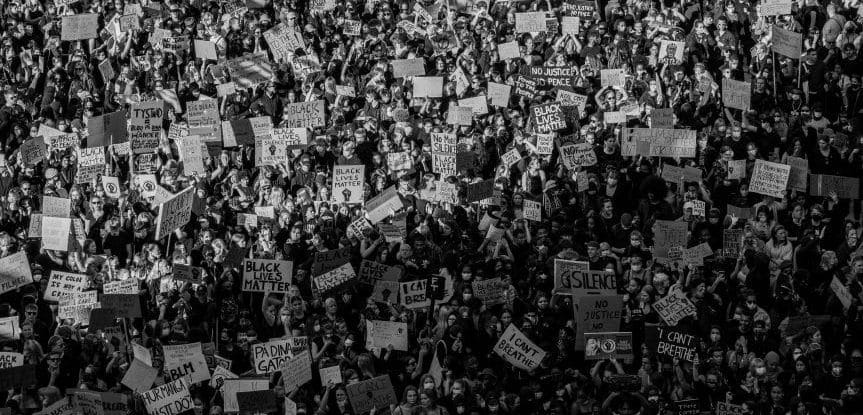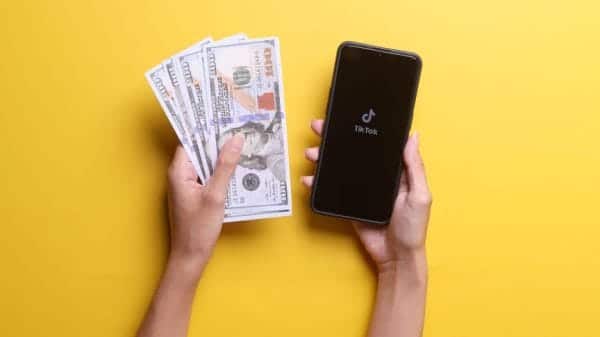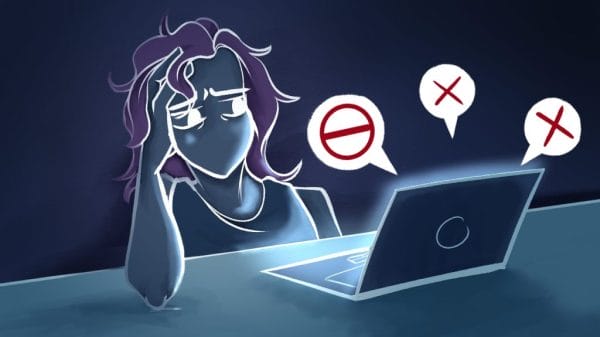Targeted boycotting has been pivotal to social movements by challenging systemic injustices. In today’s landscape, characterized by persistent human rights violations, modern activists wield the power of digital platforms to obtain global support, amplifying the impact of the socio-political strategy.
In the long history of activism in the face of human rights violations, every landmark movement for justice has a memorable peak. During the American Civil Rights Movement, it was Selma — the great long march to Montgomery spearheaded by Martin Luther King Jr. and the Southern Christian Leadership Conference — alongside the famous Washington speech of dreams and the 13-month Montgomery bus boycott, that come to mind.
The Anti-Apartheid Movement’s economic, cultural, and sports boycotts, was also instrumental in dismantling institutional racism in South Africa and represents another pivotal moment that inspired contemporary activists. Today, amidst pressing global challenges, the strategic revival of boycotts heralds a new era in the realm of digital politics.
Technological advancements have sparked a revolution in activism, facilitating real-time dissemination of information, grassroots organizing, and global solidarity efforts. Activists and campaigners have harnessed the power of social media and online platforms to amplify their voices, effectively engaging diverse groups of people. Consequently, targeted boycotting has surged in prominence in the digital age, evidenced by its recent utilization in addressing pressing political issues such as the Russo-Ukrainian war and the Israel-Palestinian conflict.
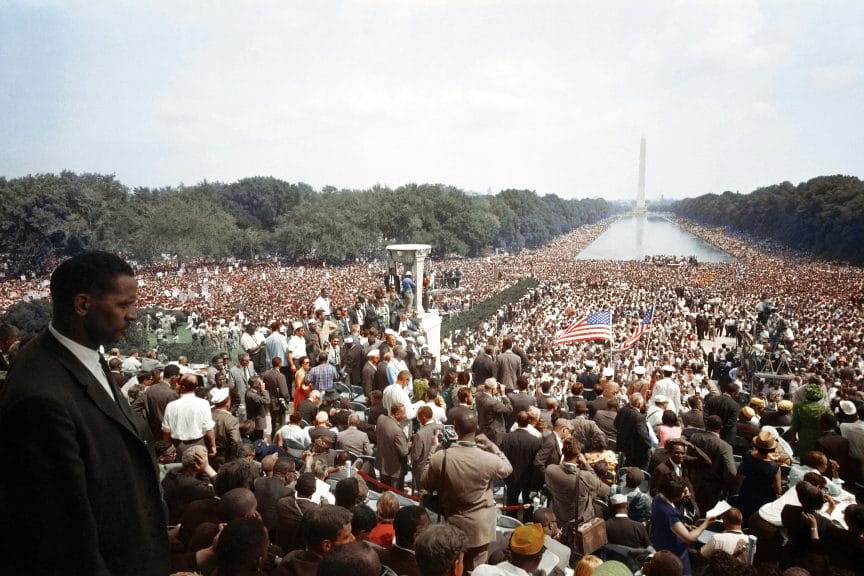
Boycotting in History
Boycotting is the planned, organized effort to withhold support or patronage from specific products or institutions to express dislike or effect change. Targeted boycotting is generally used as a strategic tool by activists and advocacy groups to pressure entities to change their behavior or policies. The ultimate goal is to promote social justice and accountability. Unlike general boycotts, which are broader in scope, targeted boycotting focuses on specific entities or practices deemed unethical.
The strategy has been used historically in crucial cases to pressure governments in pursuit of justice. The Civil Rights Montgomery bus boycott of 1955 -1956 by African American residents of Montgomery was pivotal to the success of the American Civil Rights Movement. In South Africa, the apartheid boycott was also a critical component of the broader Anti-Apartheid Movement to apply pressure and isolate the apartheid regime. It featured cultural and academic boycotts, divestment campaigns targeting companies doing business in South Africa, and also sporting boycotts that removed South Africa from international competitions.
Modern Refurbishments
The contemporary era has brought unique developments in technology that have shifted communication and traditional procedures of the past. Targeted boycotting in the digital age has been marked by the widespread adoption of social media and online platforms, changing the way activists rally support and amplify the impact of boycott campaigns. Social media platforms such as Twitter, TikTok, and Instagram have provided modern individuals with powerful tools to reach a global audience, organize collective action, and share information rapidly and effectively.
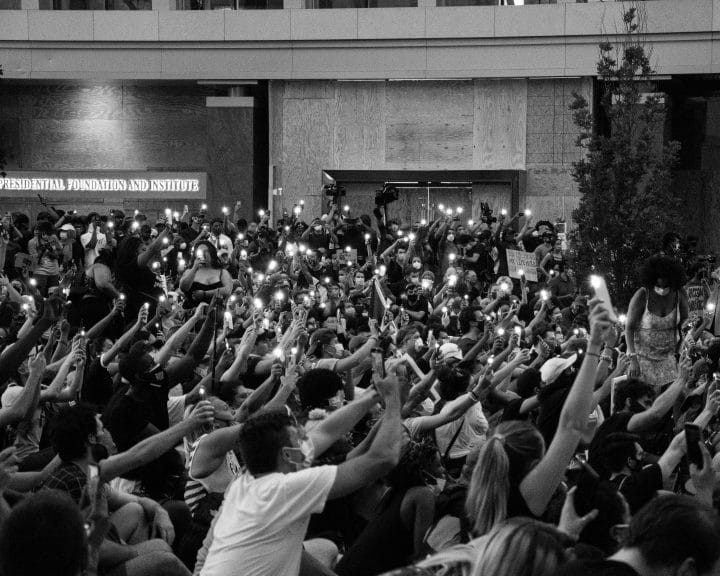
These platforms have significantly lowered barriers to participation in social change, encouraging individuals and grassroots organizations to initiate and sustain campaigns on an unprecedented scale, with the only requirement for participants being access to the internet. Additionally, the new wave of global connection has raised support for targeted boycott campaigns in digital spaces, like ongoing humanitarian issues like the Israel-Palestine conflict.
On platforms like TikTok, trends and viral content discussing boycotts, as well as sharing content with interactive features like sounds, which allocate proceeds to humanitarian issues, are popular. Likewise, Twitter’s trending hashtags serve as prominent channels for conversations among everyday individuals on social and political issues, often followed by the sharing of petitions and actionable plans.
Palestinian Liberation
The ongoing political and territorial disputes in Israel-Palestine have resulted in a widely documented humanitarian crisis. Continuous media coverage and campaigns by activists have aroused a strong international response to the alleged human rights violations of the Israeli state. Human rights activists have called for a unilateral boycott of Israel for transgressing international laws by using targeted boycotting in a campaign led by the Boycott, Divestment, and Sanctions (BDS) movement.
The BDS movement’s boycotting campaign gained online virality as a simple, nonviolent means to pressure Israel into respecting Palestinian rights. The movement has seen activists, protestors, and everyday people participate in individual consumer boycotts, with lists of targeted entities gathered and shared across multiple digital platforms. This tactic has gradually worked, crippling the business of organizations like Starbucks and McDonald’s, with Starbucks reporting an $11 billion loss in market value after months of boycotts 2023.
The BDS movement has also called for cultural and academic boycotts, urging artists, musicians, academics, and cultural institutions to refrain from joining in events or collaborations with Israeli institutions as a form of unity with the Palestinian people. Like the anti-apartheid movement, the campaign also includes calls for divestment campaigns, urging individuals, organizations, and governments to divest from companies that are complicit in Israel’s occupation and violations of international law.

In the digital era, the impact of targeted boycotting has surged with the increased connectivity and virality of online activism and human rights movements. This socio-political strategy has seamlessly integrated into the shifting landscape of contemporary activism, inflicting significant reputational damage, financial losses, and increased scrutiny upon its chosen victims. Consequently, its functionality has opened the potential for dynamic shifts that could prompt real change on a broader scale.


